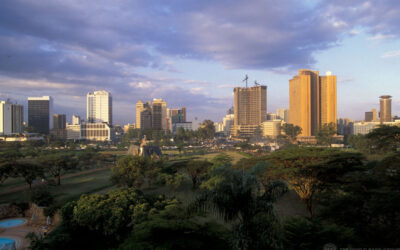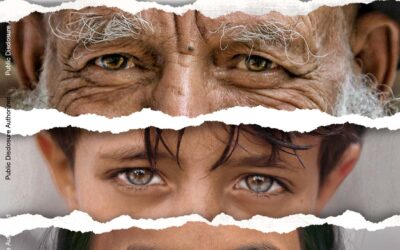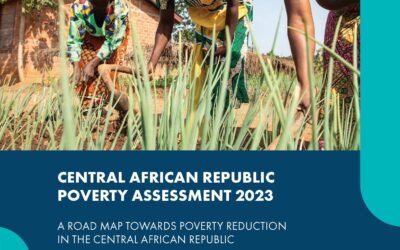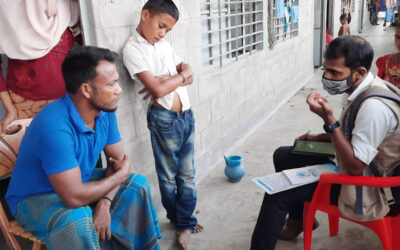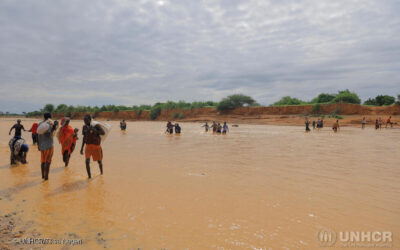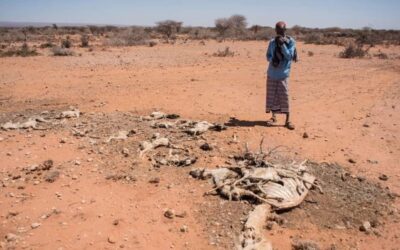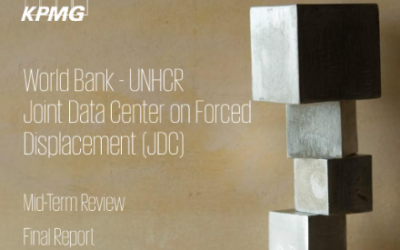Publications and reports
Socioeconomic profile of refugees and host households in Nairobi
Over 80,000 refugees in Kenya live in urban areas, most of them in Nairobi, despite the fact that they receive some assistance outside of refugee camps. This report is based on a survey that produced comparative datasets for refugees and nationals following a design...
Voices of Yemen
Since the outbreak of the civil war in Yemen eight years ago, the lives of its people have been marked by hardship, uncertainty, and a bitter struggle for survival. This report, 'Voices from Yemen', aims to shed light on their experiences, providing a human context...
A Roadmap Towards Poverty Reduction in the Central African Republic
Plagued by decades of conflict, political instability and low growth, the Central African Republic has one of the world’s highest rates of poverty – almost 7 out of 10 people are extremely poor (65.7% live on less than $2.15 per day). The World Bank's first ever...
In Review
The World Bank-UNHCR Joint Data Center on Forced Displacement - In Review (2020 - 2022)The JDC was established in later 2019 to help change the collective approach to forced displacement to a bigger and broader one that lasts longer, matching the scale of forced...
The impact of climate change on forced displacement
Understanding the impact of climate change on forced displacement is critical to informing solutions. The latest scientific findings confirm that climate change is a factor in displacement, albeit unquantified, and that climate and weather extremes are increasingly driving displacement. This paper examines the degree to which climate change is influencing and amplifying the multiple underlying risk drivers of displacement.
The Toll of Drought on Displaced and Vulnerable People in Somalia
The World Bank in collaboration with the United Nation Refugee Agency (UNHCR), the National Bureau of Statistics in Somalia and the JDC conducted a high-frequency phone survey. The sample consists of about 500 households from host communities, IDPs living in camps, IDPs living outside camps, refugees, and refugee returnees.
JDC Annual Report 2022
Since February last year, more than eight million refugees have fled Ukraine and more than one million Venezuelans have claimed asylum. These events make the work of the World Bank-UNHCR Joint
Data Center on Forced Displacement (JDC) more relevant than ever.
Mid-Term Review of the World Bank – UNHCR Joint Data Center on Forced Displacement (JDC)
Established in 2019 as a collaboration between the World Bank Group and UNHCR, the Joint Data Center on Forced Displacement (JDC) aims to enhance the availability and accessibility of high-quality socioeconomic data and evidence on forced displacement. As part of its...
Labor Market Access and Outcomes for Refugees
Refugees’ right to work is protected by international law but often violated in practice. This Digest discusses the barriers that host governments impose on refugees’ labor market access and reviews the academic research on the effects of these policies and practices have on refugees and host communities.
The impact of forced displacement on housing and urban settlement in host communities
Findings in the literature suggest that the sudden and often massive nature of refugee inflows, combined with the fact that housing supply is mostly unresponsive in the short-term, has the potential to affect housing prices and generate substantial changes in housing preferences.



